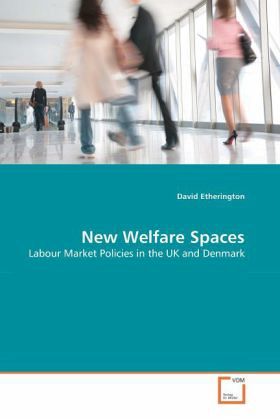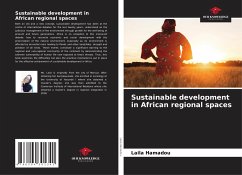
New Welfare Spaces
Labour Market Policies in the UK and Denmark
Versandkostenfrei!
Versandfertig in 6-10 Tagen
52,99 €
inkl. MwSt.

PAYBACK Punkte
26 °P sammeln!
The 'post Keynesian' shift in the welfare settlementinvolves the emergence of 'workfare' as a dominantpolicy regime. Social benefits are increasinglyconditional on the unemployed participating inactivation programmes and major aspects of labourmarket policy delivery is devolved to localinstitutions. The book explores this theme through acomparison of two diverse welfare systems - the UKand Denmark and two city case studies Sheffield (UK)and Aalborg (DK). The book analyses the dynamics ofspatial rescaling of welfare and the politics ofgeographical uneven development, revealing that thelocal is ...
The 'post Keynesian' shift in the welfare settlementinvolves the emergence of 'workfare' as a dominantpolicy regime. Social benefits are increasinglyconditional on the unemployed participating inactivation programmes and major aspects of labourmarket policy delivery is devolved to localinstitutions. The book explores this theme through acomparison of two diverse welfare systems - the UKand Denmark and two city case studies Sheffield (UK)and Aalborg (DK). The book analyses the dynamics ofspatial rescaling of welfare and the politics ofgeographical uneven development, revealing that thelocal is a site for innovation and adaptation and asa consequence plays a crucial role in mediatingnational welfare policy production. Second, politicalagency and actors within welfare-work policy regimes(trade unions and social movements)contest andnegotiate workfare at different spatial scales,including the locality. 'Localisation' as suchinvolves the production of new welfare spaces whichis inherently contradictory, unstable and contested.The book argues that an understanding of the role ofthe 'local' as such is of importance to anyassessment of future welfare trajectories.












